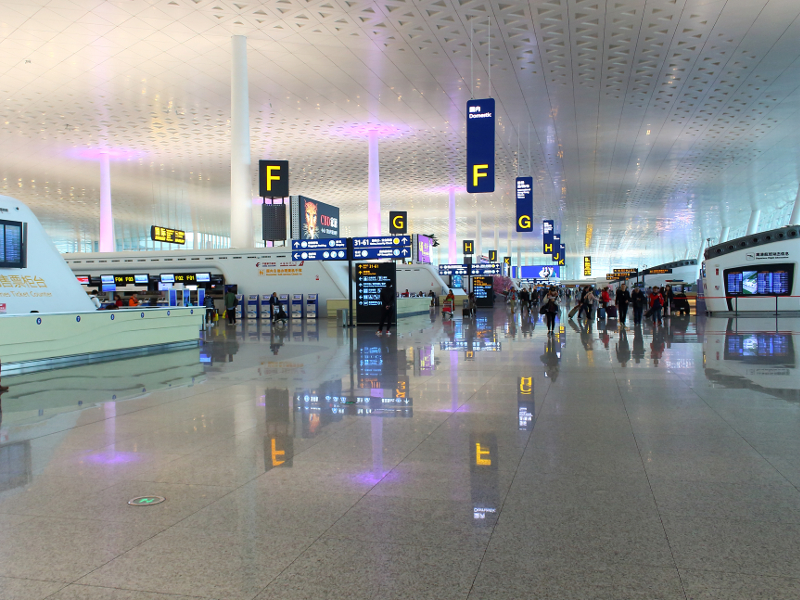
Austrian Airlines prepares operations for time after the coronavirus crisis, does not expect things to return to normal for three years
April 7, 2020
Wuhan Airport reopens today
April 8, 2020Air Canada made this announcement:
![]()
On March 30, 2020, as part of an overall cost reduction program, Air Canada announced that its workforce in Canada will be temporarily reduced by approximately 50 per cent, or 16,500 jobs, as a result of the COVID-19 crisis and the imposition of global travel restrictions.
On April 1, 2020, the Government of Canada announced the Canada Emergency Wage Subsidy (CEWS) in order to help employers keep and/or return Canadian-based employees to payrolls for the Program Term of March 15, 2020 to June 6, 2020 in response to challenges posed by COVID-19. Details of the CEWS are still outstanding, but are intended to generally reimburse employers suffering revenue declines exceeding 30 per cent, which is the case for Air Canada. As a result of the crisis, Air Canada has abruptly reduced its seat capacity by 85 to 90 per cent and is incurring significant revenue losses. Any near-term recovery is reliant on the lifting of domestic and international travel restrictions and return of passenger traffic.
Following an analysis of publicly available information on the CEWS, discussions with Department of Finance officials on certain questions of interpretation, and subject to its adoption into law substantially as announced, Air Canada intends to adopt the CEWS for the benefit of its 36,000 Canadian-based employee workforce. Air Canada’s intention to adopt the CEWS has also received the support of all of its Canadian-based unions: ACPA, CALDA, CUPE, IAMAW and Unifor.
As Air Canada (including subsidiaries Air Canada Rouge and Air Canada Vacations) has suffered a drop in consolidated revenues of more than 30 per cent and expects to continue to do so for the Program Term, it will apply for the CEWS retroactively to March 15, 2020 and retain or return affected employees to its payroll for the Program Term.
In addition to the temporary workforce reductions, other measures implemented by Air Canada include:
- A company-wide cost reduction and capital deferral program, now estimated to be at least $750 million for the year, increased from the previous target of $500 million.
- Drawing down operating lines of credit of approximately $1 billion, to provide additional liquidity.
- Calin Rovinescu, Air Canada’s President and Chief Executive Officer, and Michael Rousseau, Air Canada’s Deputy Chief Executive and Chief Financial Officer, have agreed to forgo 100 per cent of their salary. Senior Executives will forgo between 25 per cent to 50 per cent of their salary while members of Air Canada’s Board of Directors have agreed to a 25 per cent reduction. All other Air Canada managers will have their salaries reduced 10 per cent for the entire second quarter.
- Air Canada suspended its share repurchase program in early March 2020.
“The Canada Emergency Wage Subsidy is an extremely important program to help employees and employers during this time of crisis, and as one of Canada’s largest employers most affected by COVID-19, we want to acknowledge the leadership of the Government of Canada in introducing it,” said Calin Rovinescu, President and Chief Executive Officer at Air Canada.
“While our seat capacity and operations have decreased by more than 90 per cent overnight, we are trying to keep as many of our employees as possible during the crisis and this measure will certainly help. Depending on wage levels, many furloughed employees will get a somewhat higher amount under CEWS than they would otherwise receive from Employment Insurance payments plus they will maintain their health insurance and other benefits and stay more connected to our company during the Program Period. Once the crisis passes and passenger demand increases, we look forward to returning as many employees as possible to active status as we resume normal operations,” concluded Mr. Rovinescu.



